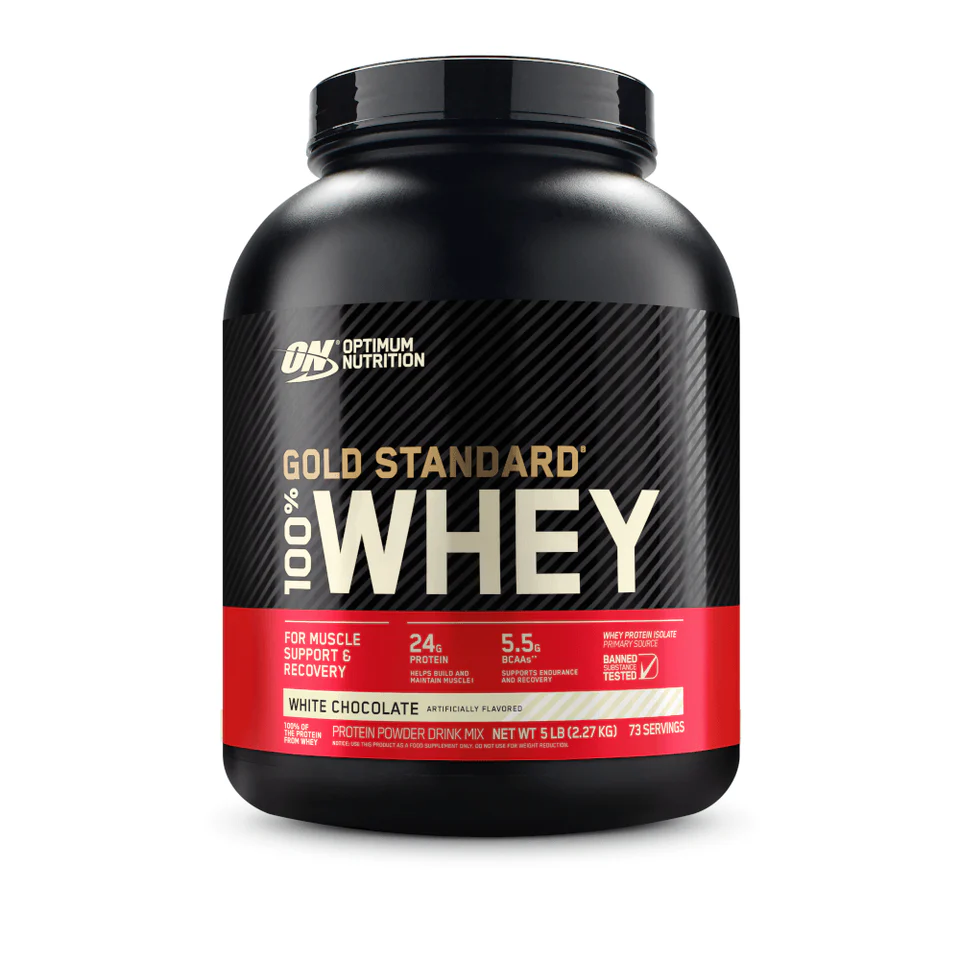14 benefits of whey protein for health
If you’re in the health, wellness, or fitness industry — whether you own a gym, a supplement store, or a digital marketing agency focused on sports nutrition — understanding and communicating the benefits of whey protein for health can significantly boost your business performance. With rising competition, those who educate their audience with science-backed content build more trust, drive higher engagement, and ultimately sell more.
In this article, we’ll explore the top 14 benefits of whey protein for health, supported by scientific evidence, and show you how to turn this information into actionable strategies for attracting and retaining clients. Whether you’re aiming to boost conversions in your e-commerce store, improve client results in your fitness studio, or grow your authority online, this content will provide you with the tools you need.
1. Muscle growth and preservation
Whey protein is rich in essential amino acids, especially leucine, which stimulates muscle protein synthesis via the mTOR pathway (mechanistic target of rapamycin). This is crucial for muscle building and maintenance, particularly when combined with resistance training. [Study]
2. Faster muscle recovery
After intense physical activity, supplementing with whey protein can help reduce muscle soreness and speed up recovery by aiding in the repair of microtears caused during training. [Study]
3. Strengthening the immune system
Whey contains immunoglobulins and lactoferrin, which help support the immune response, especially in athletes undergoing intense training. [Study]
4. Supporting fat loss
High-protein diets that include whey have been linked to greater fat loss while preserving lean body mass. The increased satiety also helps reduce caloric intake naturally. [Study]
5. Regulating blood sugar levels
Whey protein can blunt the glycemic response to meals, improving blood sugar control in people with or at risk for type 2 diabetes. [Study]
6. Increased satiety and appetite control
Whey protein increases levels of satiety hormones like GLP-1 and PYY, which can aid weight management and prevent overeating. [Study]
7. Improved bone health
Whey naturally contains calcium and supports bone formation and density, especially when paired with strength training. [Study]
8. Combating sarcopenia in older adults
Supplementing with whey helps older adults prevent sarcopenia (age-related muscle loss), which enhances mobility and independence. [Study]
9. Support for cancer patients
Whey can help cancer patients maintain muscle mass during treatment and improve immune function. [Study]
10. Antioxidant support
Rich in cysteine, whey boosts the body’s production of glutathione, a powerful antioxidant that protects cells from damage. [Study]
11. Lower blood pressure
Bioactive peptides in whey have shown anti-hypertensive effects, supporting cardiovascular health. [Study]
12. Promoting gut health
Whey has a mild prebiotic effect, encouraging the growth of beneficial gut bacteria and supporting digestive health. [Study]
13. Supporting collagen production
While whey doesn’t contain collagen directly, it provides amino acids necessary for natural collagen synthesis, which supports skin, joints, and connective tissues.
14. Culinary versatility
From smoothies and pancakes to protein bars and baked goods, whey protein is easy to include in daily nutrition plans, making healthy eating more convenient.
How to apply the benefits of whey protein to your business
Leveraging the benefits of whey protein for health in your business can be a game changer. Here are a few ideas:
- Fitness centers: Develop meal plans that incorporate whey protein to enhance client results and satisfaction.
- Nutritionists: Educate patients on scientific benefits to increase adherence and trust.
- Supplement stores: Use this article as a basis for blog content or email marketing campaigns.
- Wellness influencers: Share evidence-based content to boost credibility and generate brand deals.
Step-by-step to implement whey protein education in your strategy:
- Define your target audience’s main health goals (muscle gain, fat loss, wellness, etc.).
- Select the appropriate whey protein type (concentrate, isolate, hydrolyzed).
- Create educational content using SEO-friendly blog articles or social media posts.
- Bundle whey products with consultation or workout programs to increase perceived value.
- Track client results and collect testimonials to strengthen brand credibility.
Conclusion
The benefits of whey protein for health go far beyond muscle gain. From immune support and fat loss to blood sugar control and bone strength, whey is a powerful and versatile tool backed by science. By integrating this knowledge into your content strategy, you can position your business as a trusted authority, attract more clients, and convert more leads. Start today and build not just stronger bodies — but a stronger brand too.

Deixe um comentário